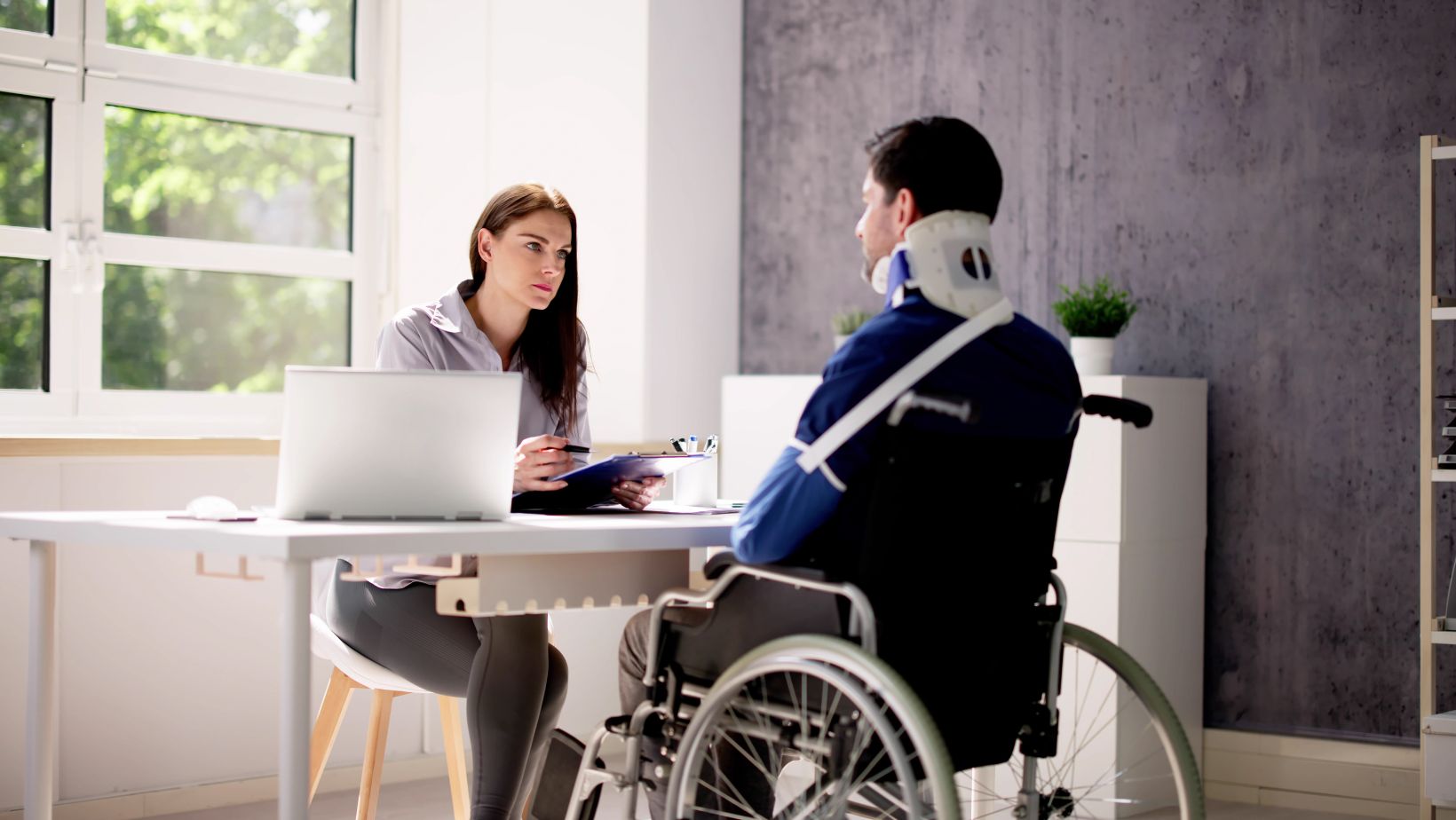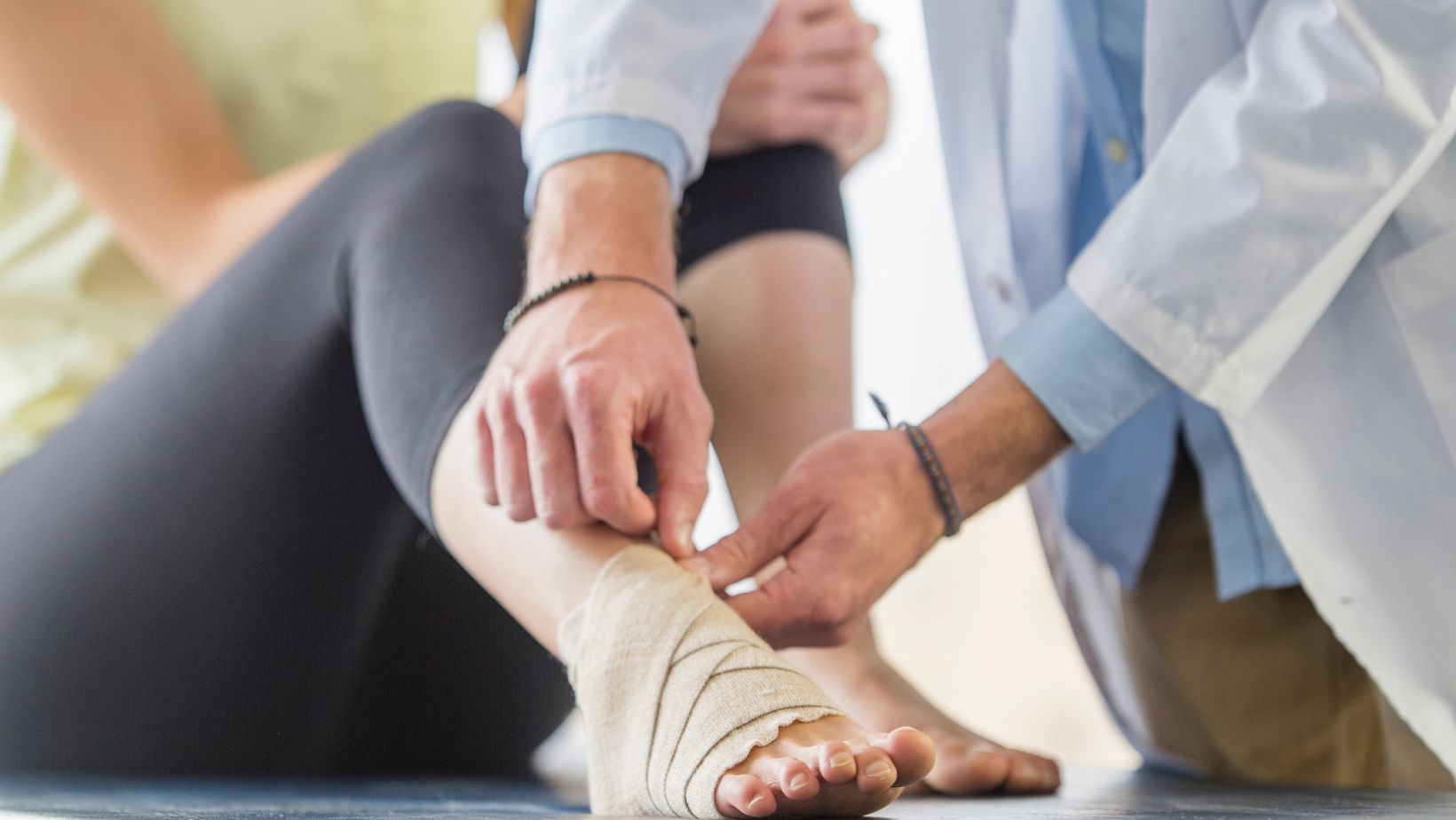
A trip to Maui is meant to be a relaxing escape with sunshine, surf, and lasting memories. However, accidents can happen anywhere, even in paradise. Injuries at resorts, like slipping by the pool or dangers while snorkeling, are more common than many travelers think. What starts as a fun vacation can quickly turn stressful if an accident involves unsafe conditions.
Resort owners and operators must keep their guests safe. When they don’t, serious injuries can occur. Knowing your rights and what to do after an injury can help with your recovery. If you’ve been hurt on vacation, a reliable legal team like Singleton Schreiber can assist you in understanding Hawaii’s laws and ensuring that you are treated fairly.
Poolside Accidents: More Common Than You Think
Resort pools are a major attraction, but they’re also a leading cause of tourist injuries in Maui. Wet tiles, uneven surfaces, and poor lighting can create slipping hazards that result in broken bones, concussions, or spinal injuries. Children are especially at risk when lifeguards are understaffed or inattentive.
Pool slides and diving areas can also be dangerous. Inadequate supervision, poorly maintained equipment, or missing safety signage can turn fun into tragedy. Resorts are required to inspect their facilities regularly and enforce clear safety rules. When they fail to do so, they can be held liable for resulting injuries.
The Hidden Dangers of Snorkeling and Water Activities
Snorkeling in Maui’s clear waters is a bucket-list experience, but it carries real risks. Strong currents, shallow reefs, and unpredictable waves can lead to drowning or serious injury, even for experienced swimmers. Some snorkeling tours also use poorly maintained equipment, increasing the chance of malfunction or panic underwater.
Tour operators are responsible for providing properly fitted gear, safety instructions, and monitoring participants during excursions. When companies cut corners—failing to warn guests about conditions or ignoring weather advisories—they can be found negligent if an accident occurs.
Slippery Walkways and Resort Grounds
Beyond the pool, resorts feature numerous walking paths, gardens, and open-air lobbies that can become hazardous when wet or poorly maintained. Guests often slip on rain-soaked tiles, spilled drinks, or algae-covered stones. Because many visitors wear flip-flops or sandals, traction is limited, making falls even more likely.

Resorts must maintain safe walking surfaces and promptly clean or repair dangerous areas. If staff members ignore complaints or fail to act after a hazard is reported, the property may be held responsible for injuries that follow.
Balcony and Stairway Incidents
Maui’s stunning ocean views make resort balconies a favorite spot for guests—but they can also be a source of danger. Broken railings, loose flooring, and uneven steps can lead to serious falls. In some cases, poor lighting or a lack of warning signs contributes to accidents, especially at night.
Under Hawaii’s premises liability laws, property owners are required to ensure that all structural elements, including balconies and staircases, meet safety codes. Negligent maintenance or design flaws can form the basis of a legal claim when preventable injuries occur.
Food, Allergies, and Dining Hazards
Resorts pride themselves on their dining experiences, but food-related injuries and illnesses are more common than many guests expect. Improper food storage, cross-contamination, and mislabeled ingredients can lead to severe allergic reactions or food poisoning.
In these cases, both the restaurant and the resort can share liability. Employees are responsible for maintaining health and safety standards, properly disclosing allergens, and ensuring guests’ well-being. Victims who experience serious illness may be entitled to compensation for medical bills, lost vacation time, and other damages.
Fitness Centers and Spa Injuries
Even resort amenities meant for relaxation or wellness can be risky if not properly managed. Gym equipment that’s damaged or poorly maintained can cause fractures, muscle tears, or back injuries. Similarly, spas and saunas may present slip hazards or cause burns if temperatures are improperly regulated.
Injuries in these settings often occur because of staff negligence or lack of maintenance. Resorts must ensure their facilities meet safety standards and provide trained personnel to assist guests when necessary.
Excursion Liability: When Resorts Partner with Third Parties
Many resorts offer excursions such as ziplining, horseback riding, or sailing tours through third-party vendors. While these experiences enhance a vacation, they can blur the line of legal responsibility if something goes wrong.
If a resort endorses or books an excursion for its guests, it may share liability if the vendor fails to provide safe equipment or proper instruction. In some cases, waiver forms limit direct claims—but they don’t always protect negligent parties, especially if the risk wasn’t clearly explained.
What to Do After a Vacation Injury in Maui
Getting hurt on vacation can be overwhelming, but taking the right steps can protect both your health and your legal rights:
- Seek medical care immediately. Even minor injuries can worsen without treatment.
- Report the incident. Notify resort management or staff and request a written report.
- Document everything. Take photos of the hazard, your injuries, and the surroundings.
- Collect witness information. Other guests or staff members may have seen what happened.
- Avoid signing documents or accepting blame. You could inadvertently weaken your claim.
- Consult a local attorney. A Maui-based lawyer understands local laws and how to handle out-of-state visitor cases.
Taking quick action ensures that vital evidence isn’t lost and strengthens your claim if you pursue compensation later.
Potential Compensation for Resort-Related Injuries
Victims injured at resorts or during vacation activities in Maui may be entitled to various forms of compensation, including:
- Medical bills and ongoing rehabilitation costs
- Lost income or travel expenses due to extended recovery
- Pain and suffering
- Emotional distress
- Loss of enjoyment of life
- Punitive damages (in cases of extreme negligence)
Each case is different, and the value of your claim depends on the severity of your injuries, the cause of the accident, and the degree of negligence involved.
Staying Safe in Paradise
Maui’s resorts and recreation areas offer beauty and friendly service, but safety is crucial. You can prevent accidents by checking the weather, following posted warnings, and using equipment correctly. If property owners or staff don’t prioritize safety, serious issues can arise.
If an injury affects your vacation, you don’t have to face it alone. Knowing your rights and working with an experienced attorney can ensure your concerns are heard and your recovery is supported. With the right help, you can turn a negative experience into a chance for justice and healing in Maui’s sun.
